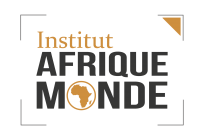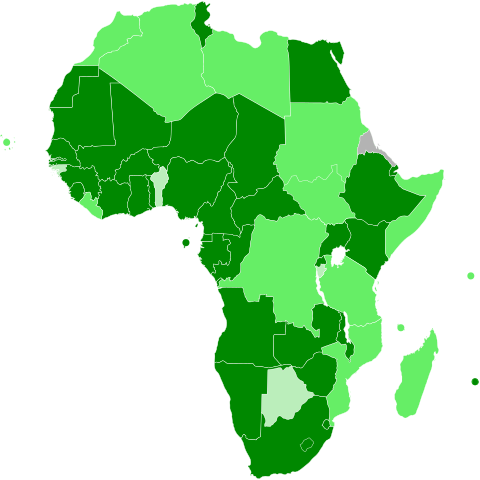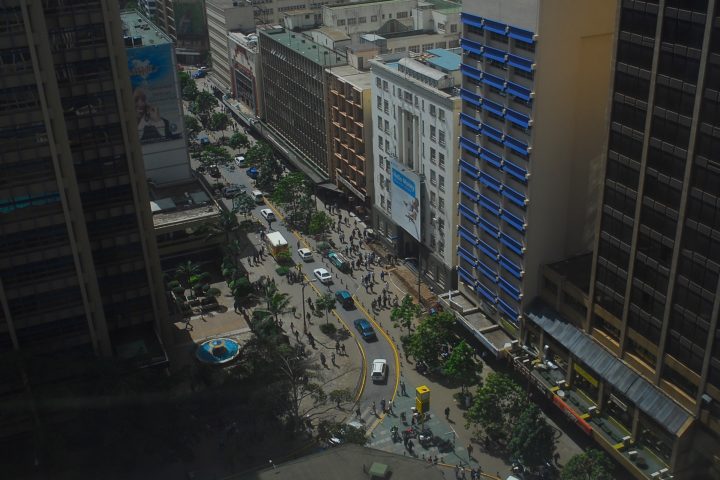Denis MAUGENEST. A Former Rector of the Catholic University of Central Africa, Former Professor of Political Science at the Catholic University of Central Africa (Catholic Institute of Yaoundé). He is the creator of academic institutions in Africa, and has published a book on Living Together Despite Everything: An Introduction to Political Society (PUCAC/ Les Éditions du CERAP, 2002), followed by more than a dozen articles in collective works.
Discussions on the ideal path to development for the post-2015 period culminated around the world. In these debates, Africa is in first place as is the continent that has failed to achieve several of the Millennium Development Goals (MDGs). The Odm have tried and actually defined what development should mean in Africa. They developed strategies to achieve prefabricated development objectives and allocated funds to develop Africa. A decade later, the fact that the MLOs have not achieved their development objectives in Africa suggests the need for a radical shift in the development of new objectives.
The pillars of the modern era have been built and maintained by citizens constantly seeking solutions to the challenges of their time, using the resources at their disposal. The latter are the most important. However, it is crucial to begin discussions by understanding African development as an endogenous process that requires Africans themselves to lead it.
Finally, NEPAD reflects the crisis of legitimacy of aid to Africa. It is well known that financial assistance is discredited due to the misuse of unallocated aid and the fungibility of public funds that allows for the misuse of allocated aid.
Read the Note.



